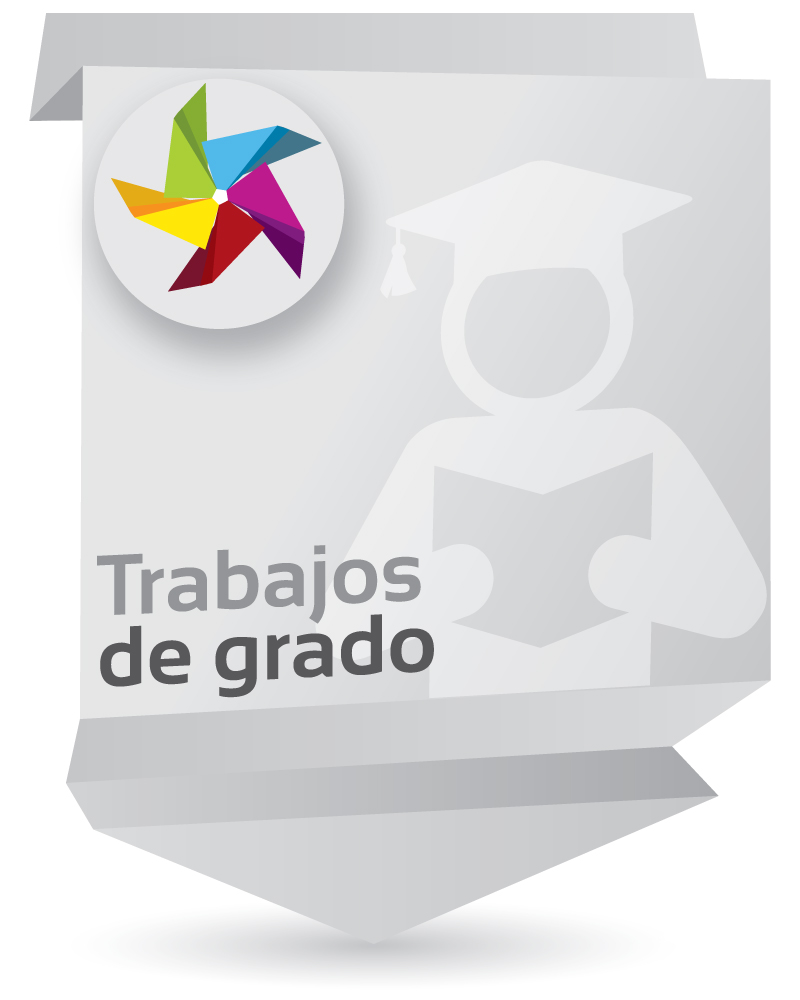Incidencia del liderazgo directivo en la promoción del vínculo Docente- Estudiante como un Factor asociado a la calidad

Visualizar/
Enlaces del Item
URI: http://hdl.handle.net/10818/50217Compartir
Estadísticas
Ver as estatísticas de usoMétricas
Catalogación bibliográfica
Apresentar o registro completoData
2021-10-22Resumo
La presente investigación busca reconocer la incidencia del liderazgo directivo en la promoción del vínculo docente – estudiante como un factor asociado a la calidad. El estudio se realizó bajo un enfoque mixto con un Diseño de Triangulación Concurrente (DITRIAC). Se recolectó información a través de la aplicación de tres instrumentos estandarizados basados en la herramienta de Classroom Assessment Scoring System (en adelante CLASS) a saber, encuestas a los estudiantes de los grados quinto y sexto del Colegio Campestre San Diego y del Colegio Bilingüe José Max León, observaciones no participantes y un instrumento de autorreflexión para los docentes que lideran los procesos de formación en los estudiantes de los grupos seleccionados. Además se desarrolló un grupo focal para profesores y líderes educativos partiendo del Marco de Liderazgo de Ontario. Los instrumentos fueron aplicados a una muestra de 63 estudiantes, 42 profesores y 16 directivos. Los hallazgos revelan que el equipo de docentes de las dos instituciones demuestra interés por establecer un apoyo emocional pertinente, que es percibido por los estudiantes, y disposición para generar espacios de diálogo, estructurar un clima positivo dentro del aula de clase y establecer momentos pedagógicos que invitan a los estudiantes a participar con tranquilidad. Sin embargo, se encuentra evidencia que señala que los profesores requieren un acompañamiento y capacitación constante que conduzca al fortalecimiento del vínculo docente - estudiante. Por tal razón se diseña un plan de formación flexible en un entorno digital y mediante el desarrollo de rutas de aprendizaje individuales alrededor de cuatro dimensiones (Acércate y Conócelos, Sorpréndete, Descúbrete y Apóyate) provee herramientas para atender las expectativas y necesidades particulares de los estudiantes. This investigation seeks to recognize the impact the board of directives has in the enhancement
between the teacher-student interaction as a factor directly associated to quality. The study was
performed under a mixed scope of Recurring Triangulation Design (DIATRIC). The information was
collected through the application of three standardized instruments based on the tool: Classroom
Assessment Scoring System (known as CLASS), surveys performed on students from 5th to 6th grade
from the school Colegio Campestre San Diego and the bilingual school José Max León, observations,
and an instrument of self-reflection for the teachers who are currently leading learning processes with
the selected groups of students. Aside from this, a focal group was developed for teachers and
educational leaders taking the Ontario Leadership Frame. The instruments were applied to sample 63
students, 42 teachers, and 16 directives.
The results found reveal that the teaching staff from both institutions, demonstrate interest to
establish a relevant emotional support, which is perceived by the students, as well as the disposition
to build spaces for dialogue, structure a positive environment within the classroom, and establish
pedagogical moments that invite students to participate with ease. Nevertheless, evidence found
indicates that teachers require constant companionship in educational training that leads to the
enhancement of the teacher-student interaction. For that reason, a flexible education training plan is
designed within a digital environment and through the development of individual learning routes
surrounding four dimensions (come closer and know them, surprise, discover and support yourself)
provides tools to fulfil students´ expectations and specific needs.
The study shows that the school leaders promote the teacher-student interaction through the
creation of a school environment that involves trust, warmth, openness to dialogue, and the
demonstration of genuine interest for the teachers´ needs and inquiries. In that same way, the results
of the investigation show the importance of the directives practices oriented to the companionship in
the pedagogical processes that are developed within the classrooms, aside from facilitating encounters
for the construction of a collaborative culture among teachers.












![pdf [PDF]](/themes/unisabana//images/mimes/pdf.png) Ver documento en PDF (4.173Mb)
Ver documento en PDF (4.173Mb)




